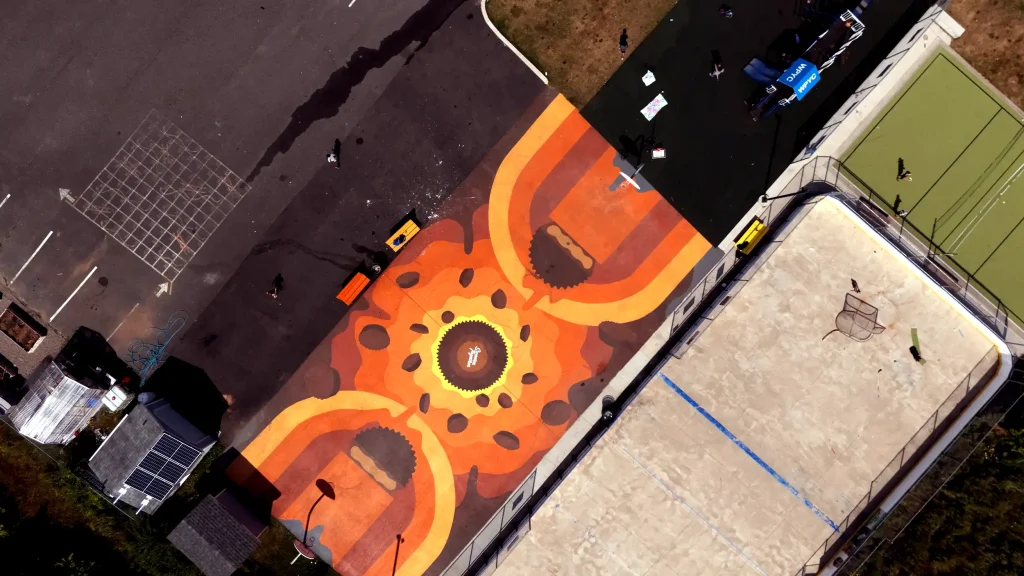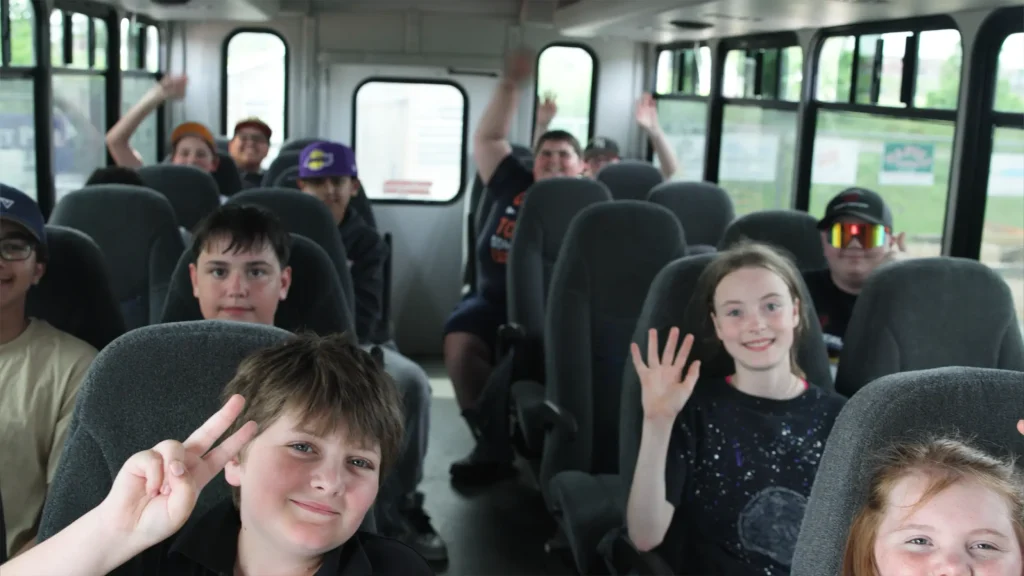About BGC Cape Breton
What is BGC Cape Breton?
BGC Cape Breton, located in Whitney Pier, is a vital part of the CBRM, offering a safe space where youth can learn, grow, and thrive. As part of the larger BGC Canada network, we are committed to empowering young people to realize their potential, but our heart lies in our Cape Breton communities. For over 30 years, we’ve helped local families overcome challenges like mental health, food insecurity, and poverty, while nurturing the next generation of leaders. Our programs are designed to address these needs while fostering personal growth, leadership, and a sense of belonging.
Our dedicated team offers a variety of programs for school-aged children and teens that focus on academics, healthy living, physical activity, mental health, and leadership development. From after-school and evening programs to skill-building activities and mentorship, we provide resources that help our youth develop into confident, capable individuals. Additionally, we are proud to serve a diverse population, with 25% of our members identifying as African Nova Scotian and many others being newcomers to Canada.
We truly believe that opportunity changes everything. Our mission is to ensure that every young person has the resources, guidance, and encouragement to succeed in today’s world. By partnering with families, sponsors, and the community, we’re shaping a brighter future for all of Cape Breton’s youth.

MISSION
To provide safe, supportive places where children and youth can experience new opportunities, overcome barriers, build positive relationships, and develop confidence and skills for life.

VISION
All children and youth discover and achieve their dreams and grow up to be healthy, successful, and active participants in society.
What Our Youth Say



A pessimist sees the difficulty in every opportunity; an optimist sees the opportunity in every difficulty.
– Winston S. Churchill
Core Values
Everything we do at BGC Cape Breton is rooted in our core values. These principles guide our decisions, help us resolve conflicts, and shape the programs we deliver. Whether it’s ensuring everyone feels a sense of belonging, fostering respect, or working together with our community, our values are at the center of our mission to support and uplift children and youth.
Belonging
Respect
Speaking Out
We speak out for children, youth, and families so that we can make our world better.
Working Together
We work together with young people, families, volunteers, our communities, and government.
Encouragement & Support
Register for Our Programs
We believe in the power of community and invite you to join the BGC Cape Breton family, where your child can flourish alongside friends and mentors who care deeply about their future.
We Could Use Your Help!
BGC Cape Breton provides safe, supportive spaces where youth can experience new opportunities, overcome barriers, build positive relationships, and develop confidence and skills for life. We rely heavily on funding to reach these goals and to keep our costs low for our families.
Opportunity Changes Everything!
